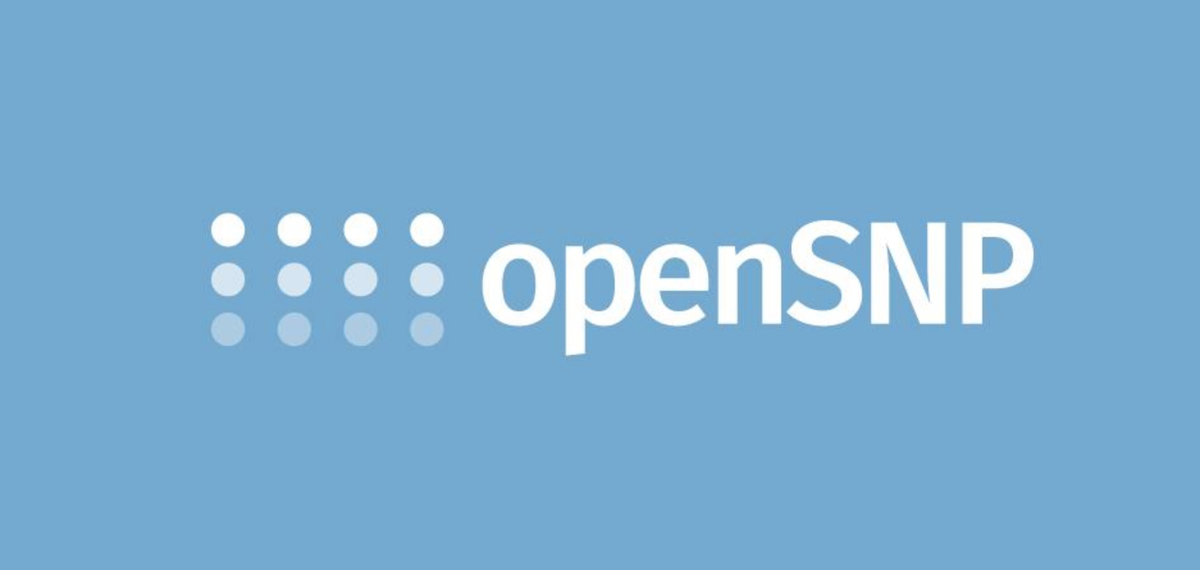mox @ mox @lemmy.sdf.org Posts 269Comments 1,737Joined 1 yr. ago
mox @ mox @lemmy.sdf.org
Posts
269
Comments
1,737
Joined
1 yr. ago
Open Source Genetic Database Shuts Down to Protect Users From 'Authoritarian Governments'
Open Source Genetic Database Shuts Down to Protect Users From 'Authoritarian Governments'














